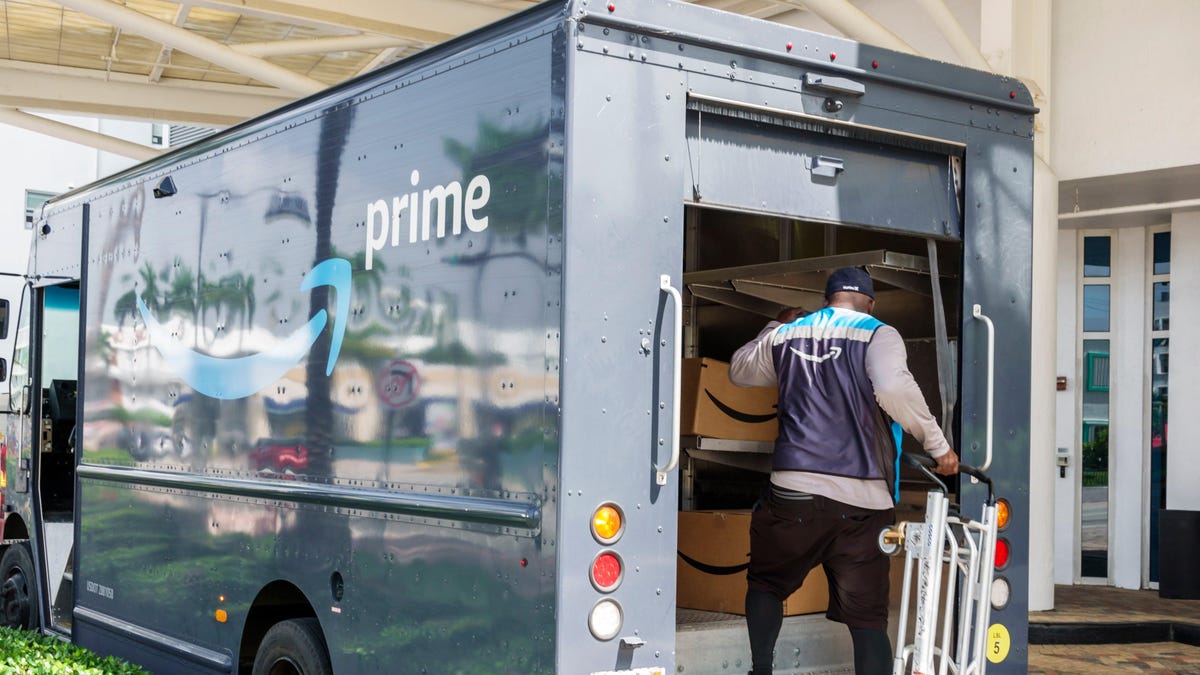Gas tax revenue is predicted to take a downward trajectory going into the 2030s as we head into a zero emission, greener future. States are looking at ways to make up for the loss in revenue and one of those ways might be to tax the constant stream of delivery trucks.
As Americans buy more fuel-efficient cars and EVs, the gas tax revenues that pays for roads will start to dry up. However, thousands of heavy delivery vehicles criss-cross roads across the country every day, ultimately damaging roads and bridges. Taxing each delivery these trucks make could refill the coffers. Colorado, a state aggressively pushing EV adoption, is one of the first states in the country to tax retail deliveries, as Stateline explains:
“If you’re going to be creating wear and tear on our roads, you should help pay to maintain them,” said Colorado state Rep. Cathy Kipp, a Democrat who chairs the Energy and Environment Committee.
In July 2022, Colorado became the first state with a retail delivery fee, a charge on all vehicle deliveries to consumers within the state. The fee, which currently stands at 29 cents per delivery, provides funding for highways, bridges, tunnels, electric vehicle charging stations and projects to reduce air pollution and to electrify vehicle fleets and transit systems. It has brought in more than $160 million.
Colorado officials say the law has so far been successful and other states are following suit. Minnesota passed a similar law in ’23. Legislators in Illinois and New York have put forth similar bills, with Stateline reporting other states have already started studying the effects of implementing similar laws.
Of course there has been pushback. Republican lawmakers in Colorado have spoken out against the law, strangely saying it hurts consumers:
“The 27-cent delivery fee is not trivial, its effects are not imperceptible, and it greatly affects our citizens — especially those who are already struggling to pay the bills and provide for their families,” Republican state Rep. Rose Pugliese, the House minority leader, wrote in a Colorado Springs Gazette guest column several months after the law was enacted.
As Illinois state Sen. Rachel Ventura explained to Stateline, if nothing is done, the responsibility will fall on local officials. “We have a lot of traffic going in and out, and the environmental burden and road repairs and the tax burden fall locally.”
Online ordering, already common, exploded during the COVID-19 outbreak and is still growing, according to the Economist. Delivery vehicles also put a strain on local infrastructure and neighborhood streets. The big online retailers like Amazon are pretty good at avoiding taxes, so we’ll see if any states can actually make their money back.







